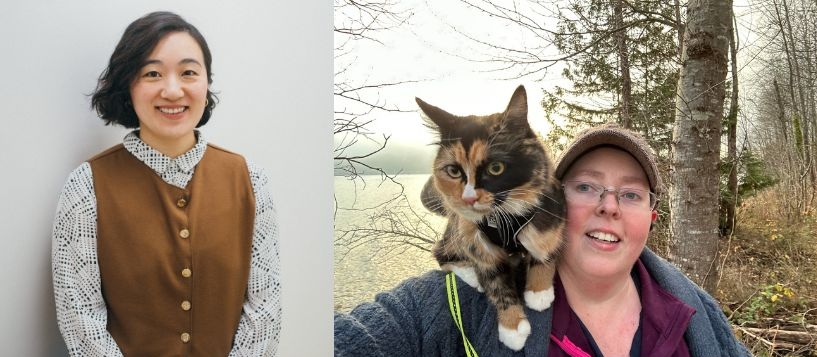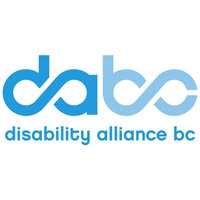Workshop - Disability Justice and Local Government: Tools for Change
From curb cuts to bus routes to public space accessibility, decisions made at city hall impact the lives of people living with disabilities daily. Women Transforming Cities (WTC), a grassroots organization working to reshape who cities are built by and for is partnering with Live Educate Transform Society (LET’S), a nonprofit organization active in the disability, neurodivergent and 2SLGBTQIA+ communities to co-deliver a 90-minute interactive workshop on Disability Justice and local government.
To demystify what happens in our local governments, the workshop will cover:
- Important terms and key people at City Hall
- Ten principles of Disability Justice and discussion of how they apply to civic engagement
- How local decisions that affect the disability community are made and ways to influence those decisions
- Feedback channels to have your needs heard
- Resources available to reduce the barriers to civic engagement
Together, we will explore the issues that matter to you and how to advocate for Disability Justice at City Hall.
When: November 4th, 1 pm PT
Where: Zoom
Register here: https://us02web.zoom.us/meeting/register/mJ8kpOxIQzm_WkfJgXyjjA
Co-Facilitators
(L-R: Florence Li, Heather McCain)
Florence Li (she/her) is the Education Coordinator at Women Transforming Cities. She is an educator with a background in grassroots organizing and anti-racist advocacy. From facilitating in college classrooms and community settings to parenting two young children, as Education Coordinator at Women Transforming Cities (WTC), she strives to cultivate safer spaces that allow for curiosity and critical thinking to thrive. Through building civic literacy and knowledge sharing, she hopes to inspire participants to incite systemic change.
Heather McCain (they/them) is Executive Director of Live Educate Transform Society (LET’S), a non-profit they founded in 2005. Heather’s own experiences as an asexual, disabled, neurodivergent, queer, trans person led them to become a well-known and respected advocate, educator, and speaker. Heather is proudest to be called a Crip Doula. This is a community given Disability Justice term for someone who helps disabled people navigate our complex systems, providing resources, support, and building community. This title was gifted by community members who have felt the positive effects of Heather’s work.





